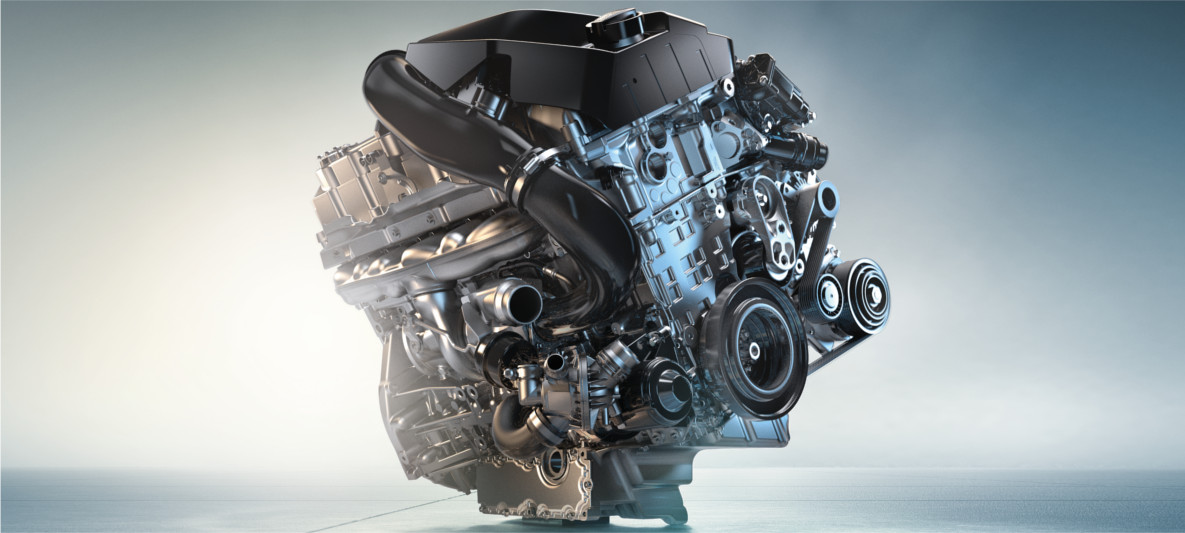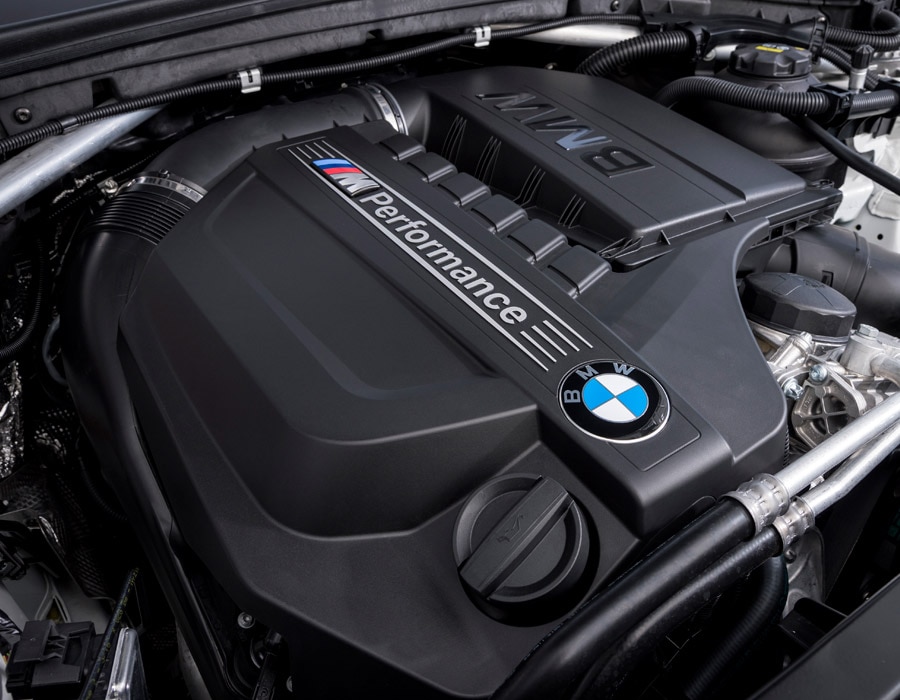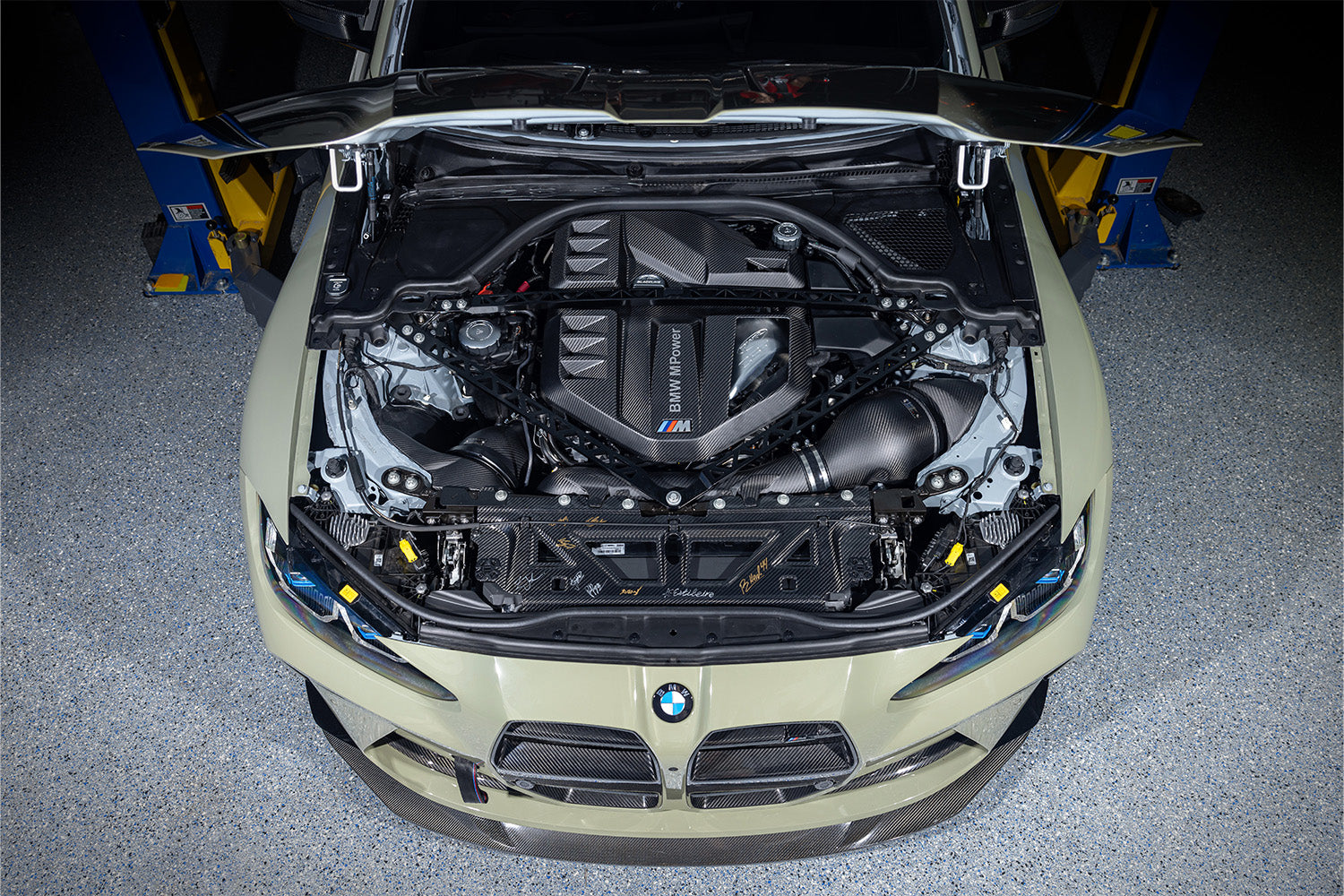Revealing the Intricacies of Next-Generation Power Units: a Deep Study Advanced Engine Developments and designs
As we stand on the precipice of a new age in transportation, the ins and outs of next-generation engine designs bid us to explore the sophisticated modern technologies and advancements that promise to redefine the driving experience. Digging deeper into the worlds of discharge control, intelligent engine administration systems, and the perspective of power unit growth, we locate ourselves on the cusp of a change that assures to reshape the landscape of wheelchair as we know it.
Evolution of Engine Products

The shift towards advanced engine materials has also allowed designers to create engines with greater power outputs while maintaining fuel effectiveness requirements. The usage of light-weight products lowers the total weight of the engine, leading to boosted gas economic situation and reduced exhausts. In addition, advancements in products modern technology have actually permitted far better thermal management within engines, causing enhanced reliability and long life.
Turbocharging and Supercharging Technologies
How do Turbocharging and Supercharging Technologies revolutionize engine efficiency and efficiency in modern vehicles? Turbocharging and turbo charging are technologies that significantly improve engine efficiency by increasing the quantity of air intake right into the combustion chamber. Turbocharging achieves this by making use of a wind turbine driven by exhaust gases to pressurize the intake air, while turbo charging uses a belt- or chain-driven compressor to attain the exact same effect.
These modern technologies allow smaller sized, much more fuel-efficient engines to generate power comparable to bigger ones, called downsizing. Forcibly even more air into the cyndrical tubes, turbo charging and turbocharging boost combustion effectiveness, causing raised horsepower and torque outcome without a considerable rise in engine dimension. This leads to much better velocity, lugging capability, and total driving efficiency.
Furthermore, supercharging and turbocharging contribute to boosted gas effectiveness by enabling the usage of smaller engines that take in much less fuel under typical driving problems - bmw engine. This mix of enhanced performance and effectiveness has actually made turbocharging and supercharging important parts of many modern engine layouts
Discharge Control and Environmental Effect
With raising global issues relating to air top quality and environmental sustainability, the application of discharge control modern technologies in lorries plays an essential function in minimizing harmful pollutants released into the atmosphere. Modern cars are geared up with innovative exhaust control systems that aid decrease the ecological influence of auto procedures. Catalytic converters, for instance, are designed to convert hazardous gases such as carbon monoxide gas, nitrogen oxides, and hydrocarbons right into less unsafe materials like co2 and water vapor.
In addition, innovations in engine innovation, such as the integration of exhaust gas recirculation systems and careful catalytic reduction, have significantly added to decreasing exhausts. These modern technologies operate in tandem to enhance combustion efficiency and decrease the launch of harmful toxins right into the air. Additionally, the development of crossbreed and electric lorries represents an essential step in the direction of minimizing the overall environmental impact of the transportation field.
Intelligent Engine Administration Systems

Moreover, these systems allow vehicles to fulfill strict exhausts criteria without jeopardizing performance, supplying a more eco-friendly driving experience. The assimilation of expert system and maker learning abilities in engine management systems remains to press the borders of what is feasible, leading to additional improvements in efficiency, dependability, and overall automobile performance. bmw engine. As automobile modern technology advancements, smart engine administration systems will certainly play an essential function fit the future of transportation towards an extra sustainable and effective direction
Future Trends in Power Unit Advancement
As intelligent engine management systems pave the means for improved control and optimization in contemporary lorries, future fads in power device advancement are poised to see page redefine the landscape of automobile propulsion modern technologies. These alternate power resources use enhanced efficiency and performance while straightening with rigid ecological policies.
Another significant fad is the combination of sophisticated materials and making techniques. Light-weight products such as carbon fiber and aluminum are being utilized to lower overall car weight, improving fuel performance and efficiency. In addition, improvements in 3D printing and additive manufacturing are enabling the manufacturing of complicated engine components with higher accuracy and longevity.
Moreover, synthetic knowledge and artificial intelligence are playing a crucial role in maximizing power unit efficiency. These technologies enable real-time tracking and adaptive control, leading to extra effective and reliable power distribution. Overall, future patterns in power unit development are tailored towards efficiency, sustainability, and efficiency, driving the automobile market towards a brand-new period of propulsion modern technologies.

Verdict
Finally, the developments in engine products, turbocharging, emission control, and intelligent administration systems have led the way for next-generation power systems. These technologies have not only enhanced efficiency and that site efficiency yet also minimized environmental effect. As modern technology remains to evolve, future patterns in power device development are likely to concentrate on more enhancing sustainability and enhancing power outcome. The elaborate styles and technologies in modern engines display the ongoing advancement of automotive innovation.
Checking out the modern improvements in engine materials has been critical in improving the performance and effectiveness of contemporary engines. Over the years, the development of engine materials has played a critical role in pressing the borders of what engines can attain.The shift in the direction of progressed engine materials has likewise enabled engineers to design engines with higher power outcomes while preserving fuel effectiveness requirements.The implementation of intelligent engine monitoring systems in modern vehicles has actually changed the means engines are managed and enhanced for performance and effectiveness. By gathering data in real-time and evaluating it with sophisticated formulas, smart engine administration systems can adapt to driving designs, ecological aspects, and engine health and wellness to take full advantage of power output while minimizing gas intake and emissions.